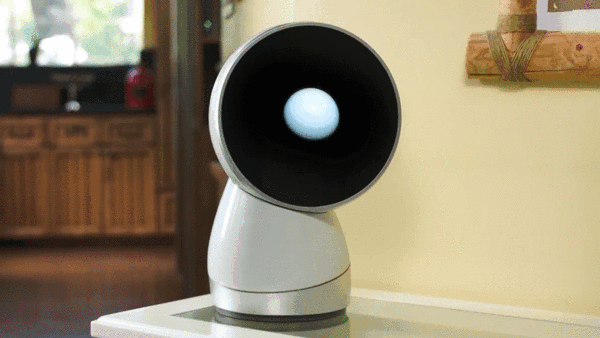Robots May Be on the Cusp of Widespread Adoption, Jibo CEO Says The rapid adoption of helpful tech like the smartphone has elevated the idea of personal-assistant robots from science fiction to impending reality.

Opinions expressed by Entrepreneur contributors are their own.

Robots get a bad rap. They steal our jobs, they can't always handle basic tasks and sometimes they emulate the worst of human behavior.

But society may be on the cusp of a major attitude change toward robots, much like the period of Nokia cell phones before the widespread adoption of smartphones, according to Jibo CEO Steve Chambers.
Related: Jibo, the Personal Robot Startup, Lands $25 Million in Funding
Previously, the idea of a robot personal assistant was a big "if" for the general public. But now, Jibo founder and chief scientist Cynthia Breazeal and Chambers say they have noticed people asking them different types of questions.
"People are saying, 'When will this happen?' and specifically, "When will we see robotics innovations in the home?'" Chambers said during a panel at Friday's third annual #StartupColumbia entrepreneurship conference. This heightened curiosity is thanks in part to Breazeal's research into the field of "social robotics," which she embarked on at MIT in the "90s.
People have been curious about artificially intelligent helpers since the first episodes of The Jetsons and Star Trek aired. In the half-century since, humanity has experienced revolutions in both computing and robotics. People have learned to rely on technology to help them in their daily lives. The next logical step, Chambers and Breazeal believe, is for people to trust a robot to fulfill their everyday personal needs.
That's why Chambers calls Jibo a "platform." This characterization positions the robot among the platforms or devices billions of people already use. Chambers explains that third-party developers will build downloadable "skills" that Jibo will be able to use to serve individualized needs, just like app developers do for smartphones. He anticipates this vision will be a reality within the next decade.
Related: These 5 Robotics Startups Are Changing The Way Work Gets Done
In addition to illustrating the momentum in the field of consumer robotics, Jibo's executives also use the smartphone analogy to assuage fear. In America, there is a cultural perception of robots as evil creatures (thanks in part to fears expressed by Elon Musk and Stephen Hawking) with the potential to overtake humanity. But just like smartphones aren't designed to replace humans, robots aren't, either.
"I don't know a single roboticist who's trying to replace people," Breazeal said during the panel. "It's all about extending what people can do."
For now, Breazeal said that she and her colleagues at Jibo are focusing on being consistent in their messaging about what Jibo is and what role he is meant to serve. Watch the Jibo promo video below to learn more and see the bot in action.












